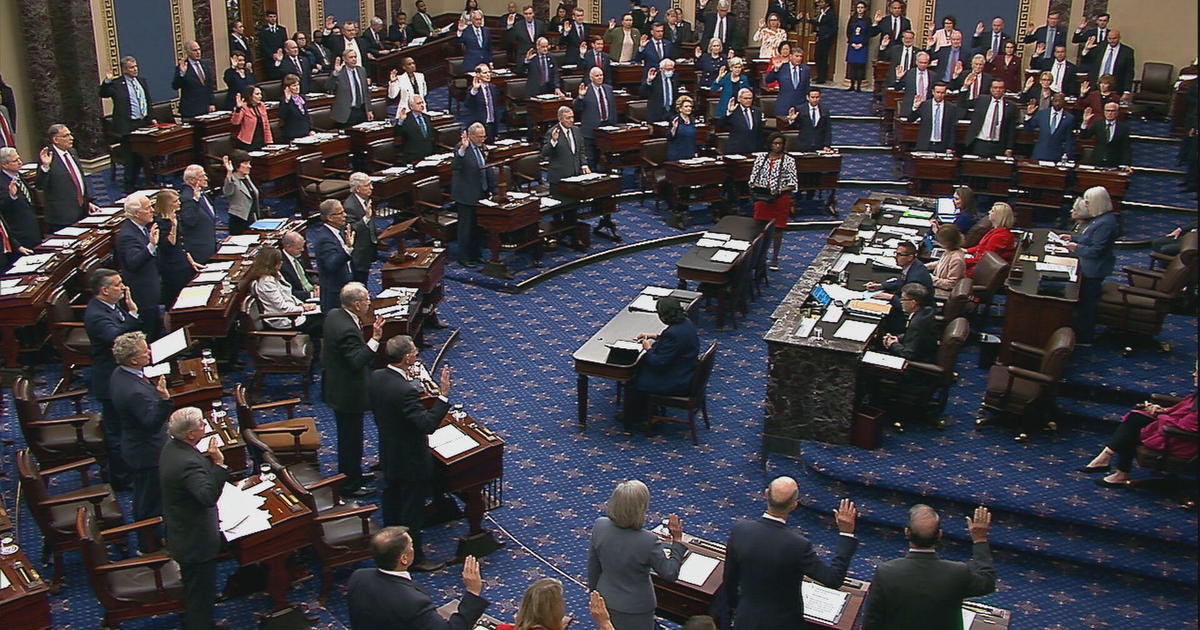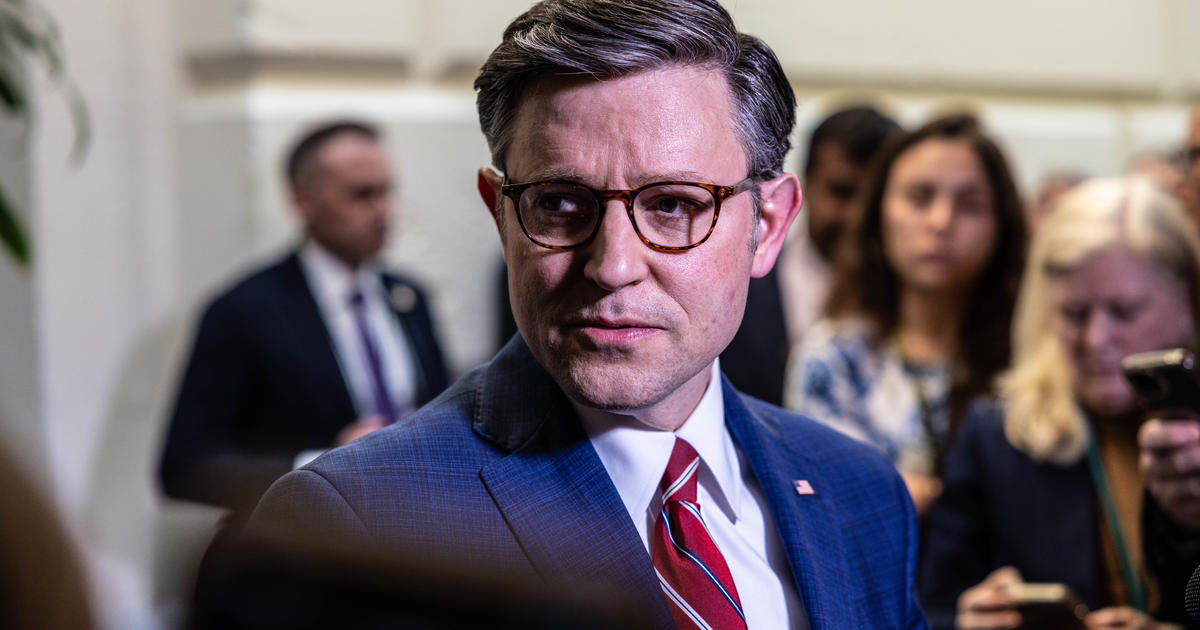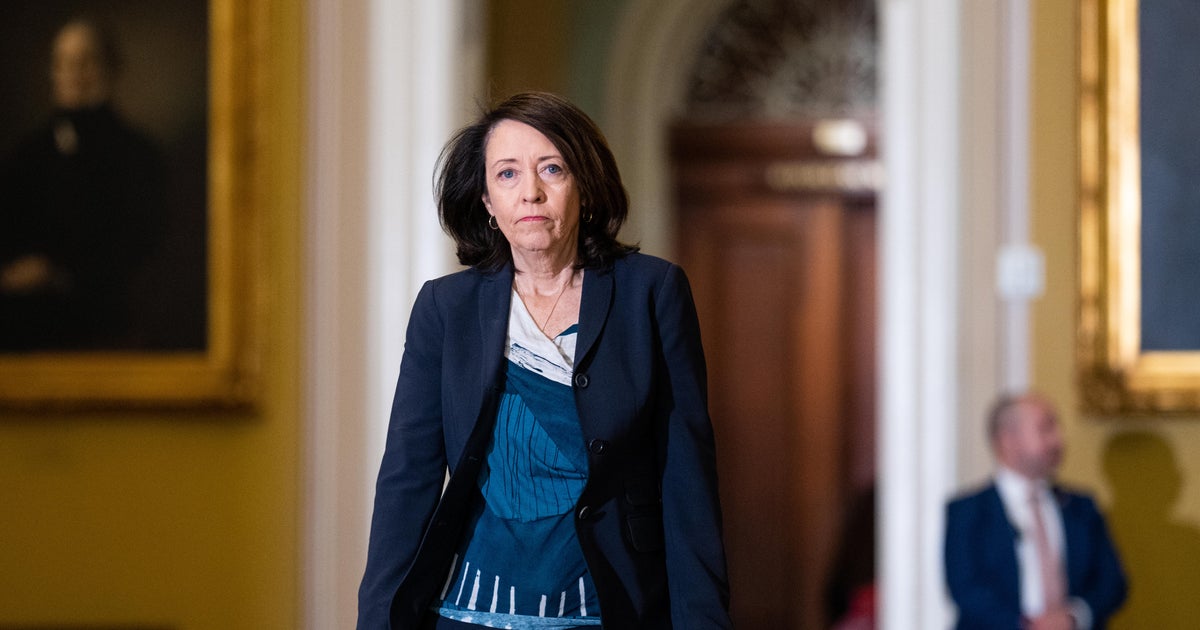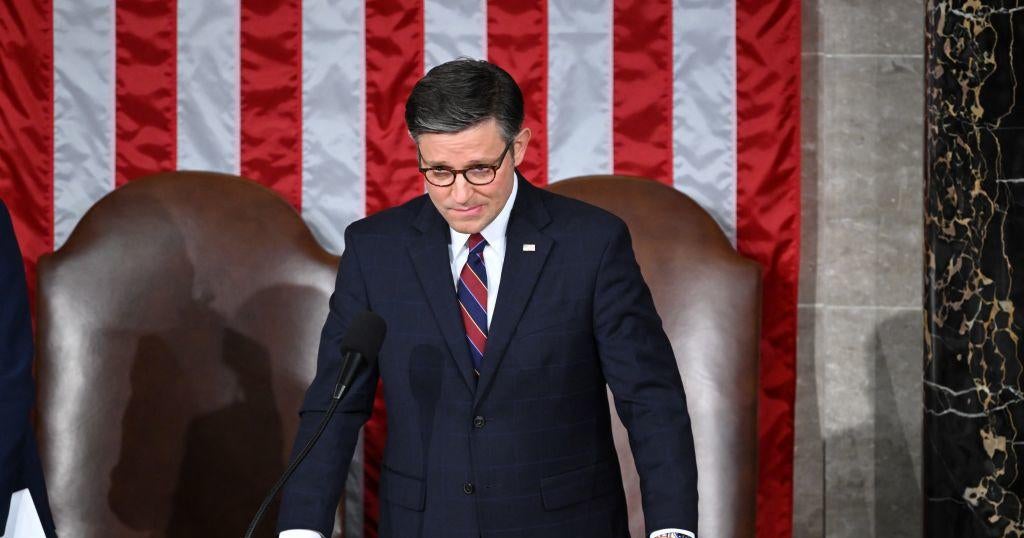Bernie Sanders, GOP proposing dueling health care overhauls
WASHINGTON – As liberal Sen. Bernie Sanders is ready to unveil his bill to starkly reshape the country's current hodge-podge health care system into one in which the government provides medical insurance for everybody, Republican senators are preparing to roll out details of a last-ditch effort to repeal and replace President Obama's health care law.
The rival packages have little in common, other than the likelihood that neither is going anywhere.
Seven weeks after the GOP drive to uproot Mr. Obama's 2010 health care law crashed in the Senate, Republican senators, Lindsey Graham of South Carolina, Louisiana's Bill Cassidy, Nevada's Dean Heller and Wisconsin's Ron Johnson released their own plan for trying again.
"We refuse to quit, we have been working on a bill that should've been our first approach to repealing Obamacare, not our last," said Graham at a Wednesday press conference to unveil the plan.
"If you believe repealing replacing Obamacare is a good idea, this is your best and only option to make that happen, he added.
Under the resurrected Graham-Cassidy-Heller-Johnson bill, the structure and architecture of the Affordable Care Act is replaced with a block grant given annually to states to help individuals pay for coverage.
According to a statement released by the senators, grant dollars would "replace the federal money currently being spent on Medicaid expansion, Obamacare tax credits, cost-sharing reduction subsidies and basic health plan dollars."
Cassidy told reporters that the plan would give states resources and flexibility to innovate, create lower premiums and expand coverage for enrollees.
Graham issued a stern warning to Sanders: "If you want a single-payer system, this is your worst nightmare. Bernie, this ends your dream of a single-payer health care system for America."
They've struggled for weeks to round up sufficient support for the package. It would cut and reshape Medicaid, disperse money spent under Mr. Obama's law directly to states and erase "Obamacare" penalties on people who don't purchase coverage.
No. 3 Senate GOP leader John Thune of South Dakota said Graham and Cassidy would need "a double-double bank shot" to prevail, a joking reference to an impossible basketball shot.
Like the failed Senate GOP repeal effort in July, the Graham-Cassidy push will get zero Democratic support. That means Senate Majority Leader Mitch McConnell, R-Ky., will need 50 of the 52 Republican senators, a margin he couldn't reach in July and is struggling to reach now.
Graham said he's had productive meetings with McConnell on the plan, which is estimated to cost $1.2 trillion, but has been charged by the Leader get the necessary votes.
The Republican also urged the Leader to get a score of the plan by the Congressional Budget Office, and called on President Trump to "pick up the phone" and "act like this matters."
Mr. Trump released a statement on the plan sometime after the Wednesday press conference, saying he applauded the Senate for continue its work toward delivering a repeal and replacement of the Affordable Care Act.
"As I have continued to say, inaction is not an option, and I sincerely hope that Senators Graham and Cassidy have found a way to address the Obamacare crisis," he added.
Despite being badgering by Mr. Trump that he keep trying, McConnell has expressed no interest in staging yet another vote that produces an embarrassing rejection by the GOP-controlled Senate.
Conservatives are wary because the bill falls short in erasing Obamacare's wide-ranging coverage requirements.
"I don't think this bill will go anywhere," said Sen. Rand Paul, R-Ky.
Meanwhile, Sanders is introducing his bill essentially expanding the Medicare health insurance program from just the elderly to all Americans.
The progressive wing of the Democratic Party backs Sanders' bill, which would make health care less expensive and less complicated for many people and businesses. It would cover the 28 million Americans remaining uninsured despite Obamacare.
People would simply flash a card and be entitled to coverage, without out-of-pocket expenses like deductibles, according to Sanders aides. They would pay income-adjusted premiums, with the poorest paying nothing but the rich and profitable corporations seeing higher taxes; people and businesses would no longer owe premiums to insurers.
Some Democrats fear the Vermont independent is exposing them to a lose-lose choice: Don't support Sanders' plan and risk alienating the party's liberal, activist voters, volunteers and contributors. Back it and be accused by Republicans of backing a huge tax increase and government-run health care, and taking away employer-provided coverage for half the country that many people like.
Over the 2016 campaign trail, even former opponent Hillary Clinton stressed to voters in Des Moines just how unfeasible she considered Sanders' plan to pursue the single-payer health care system.
"I want you to understand why I am fighting so hard for the Affordable Care Act," she said at Grand View University after hearing from a woman who spoke about her daughter receiving cancer treatment thanks to the health care law. "I don't want it repealed, I don't want us to be thrown back into a terrible, terrible national debate. I don't want us to end up in gridlock. People can't wait!"
She added, "People who have health emergencies can't wait for us to have a theoretical debate about some better idea that will never, ever come to pass."
Sanders rejects that.
"Because the people in this country want to move toward a Medicare-for-all system, that is divisive?" he remarked in an interview Tuesday, citing polls showing growing support.
At least 12 other Senate Democrats had signed onto Sanders' bill by late Tuesday, including four potential presidential contenders: Kamala Harris of California, Massachusetts' Elizabeth Warren, New York's Kirsten Gillibrand and Cory Booker of New Jersey.
"It may be a good strategy toward getting the nomination" to be the Democratic presidential nominee, said Ron Pollack, chair emeritus of the liberal Families USA, who backs universal coverage but thinks Sanders' plan is politically unrealistic. "I don't think it's a good strategy for the general election."
To cover themselves, several Democrats are introducing their own bills that expand coverage without going as far as Sanders, including possible presidential aspirants Sens. Chris Murphy of Connecticut and Ohio's Sherrod Brown. Several Democrats facing tough re-election battles next year in GOP-leaning states say they want to focus on strengthening Mr. Obama's existing law, including Montana's Jon Tester and Missouri's Claire McCaskill.
Republicans say they're ready.
"We welcome the Democrats' strategy of moving even further left," said Katie Martin, spokeswoman for the Senate GOP's campaign organization.
A third effort, a bipartisan attempt to shore up individual insurance markets around the country, is showing early signs that the sides are having problems reaching agreement.
Sens. Lamar Alexander, R-Tenn., and Patty Murray, D-Wash., hope to reach a deal on continuing for at least a year the federal payments to insurers that Mr. Trump has threatened to halt. Republicans are also insisting on easing the Obama law's coverage requirements, which Democrats don't want to do.
Alexander said Tuesday that Republicans want "real state flexibility" to let insurers offer "a larger variety of benefits and payment rules."
Murray said she worried the GOP wants to "wind up increasing out-of-pocket costs for patients and families." That's something Democrats oppose.
McConnell said the Alexander-Murray talks "are underway and we'll see where they go."



